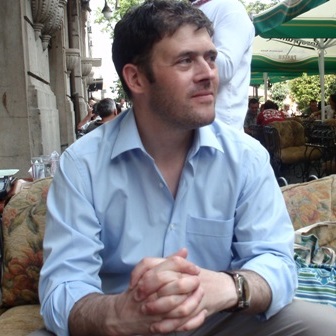
By Chris Deliso
Travel Writer4 Jan 2019 - 5 Minute Read
A suitcase full of formalwear accompanied me from Montenegro, where I’d been enjoying a posh getaway, to Serbia’s capital of Belgrade, where I re-embraced reality. That included creating a four-person group of strangers outside the airport Arrivals terminal. Those going in the same direction could split the fare on a cab. I’d done it a million times...
Soon I had found three other recently-arrived travelers. The driver hustled everyone’s luggage into the trunk, and off we went. After 20 minutes we reached my random apartment, booked online. A kind-looking old man greeted me, and took the suitcase from the driver. I paid the latter my share and followed my host, who was already rolling my luggage up the stairs. The taxi disappeared.
The apartment was oldish, but comfortable. The owner, Milutin, was demonstrating the boiler as I searched for more Serbian dinars to pay with. He was already leaving when I unzipped the suitcase.
“Ah…. small problem,” I called out. Milutin returned, anxious, and gaped down into the exposed suitcase – stacked to the brim with packaged women’s underwear and similar incongruous garments.
I understood immediately. The suitcases had gotten mixed up between the taxi passengers.
This mysterious purple suitcase lacked any identifying tag or address. And so, like some crime-scene forensics team, we delicately sifted through the evidence.
I briefed Milutin, who nodded, perplexed but patient. I had unwittingly complicated what should have been a simple check-in process, and felt sheepish. We stared again. Neither of us wanted to rifle through some unknown woman’s intimate belongings.
“Do you think…?”
And then we burst out laughing – two grown men, timid as children. It was absurd. But it was the only way; like my own, this mysterious purple suitcase lacked any identifying tag or address. And so, like some crime-scene forensics team, we delicately sifted through the evidence. Milutin soon discovered a dog-eared notebook lined with neat Cyrillic handwriting, recording the descriptions, amounts, and prices of various woven goods. The accompanying names and addresses of shops clearly led to Istanbul, Turkey.
All during the never-ending “transition” that started with the 1990s Yugoslav Wars, Balkan natives have found creative solutions to poor economies and ever-dwindling pensions. Gray-market entrepreneurs include small-time textiles traders, who buy anything that can be sold somewhere else, for any small profit. We had found such a character. Thank God, I thought, imagine if these were guns or drugs, not pajamas and panties!
Luckily, the notebook yielded a Serbian name, Jelena, and phone number. Milutin called immediately, and the news was good: the surprised woman had, by some miracle, been given my own suitcase by the taxi driver.
“Come on, I’ll drive you,” said Milutin cheerfully. “I’ve negotiated the transfer.”
“Where?”
“In… Zemun.”
The comedy could not be better. A sprawling neighborhood of uniform apartment blocks, Zemun was once infamous for the so-called “Zemun Clan” of local Mafiosi, blamed for everything from drug-running to political assassinations. Yet despite these disreputable associations, Zemun was mostly just somewhere people lived.
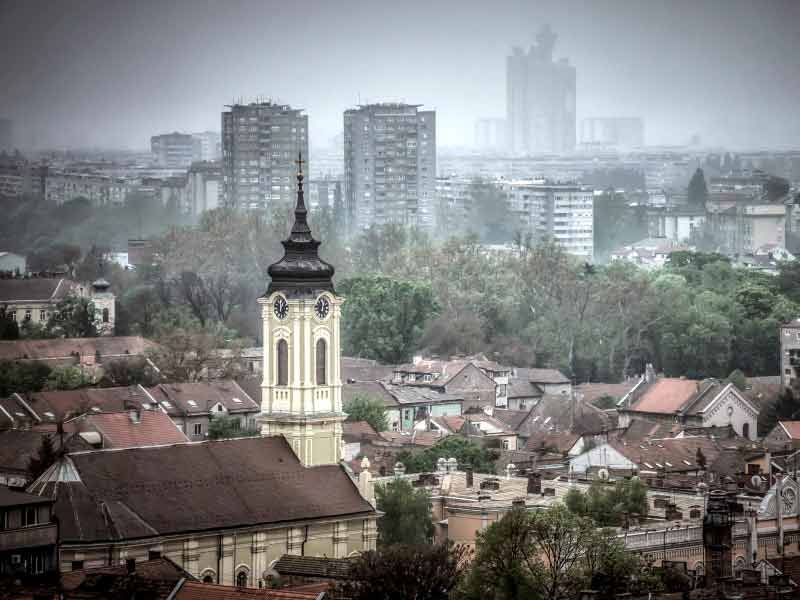
As we left in his Yugoslav-era Zastava, I thanked Milutin profusely. Fortunately, he found the whole caper quite amusing. We left the city center and crossed the great, dark River Sava, finally dropping onto a smooth, untrafficked boulevard.
“Let’s call this Jelena again,” Milutin said.
He drove on as she narrated the directions. Finally we pulled over on a deserted, sporadically-lit stretch of roadway.
“How long?”
“Five minutes.”
We waited warily. It was comically absurd: unknown persons, unmarked cars, a secret midnight swap involving … “hot” women’s undergarments and some middling men’s suits. It was like a movie by Emir Kusturica, Serbia’s master of the Balkan black-humor genre.
Milutin’s phone rang. A shadowy figure was dragging something heavy across the boulevard.
“It’s her!”
Purple suitcase in tow, we walked to the middle of the moon-lit road. The woman wore a track suit and terse smile under short, reddish dyed hair, as perfectly anonymous as any Balkan retiree. We exchanged the suitcases and she quickly examined hers.
“Everything is in order, thank you,” she said curtly, like a Yugoslav bureaucrat, and turned back into the ambiguity of Zemun’s concrete and urban foliage. We quickly deposited my suitcase into Milutin’s Zastava. No one had seen a thing.
“I’m very sorry to have caused you so much trouble,” I said, as he turned back towards the center. “Thanks.”
“Nema problema,” the old man winked. “In Serbia, anything can happen!”
Discover similar stories in
connection
Travel Writer
Chris Deliso is an American travel author and journalist based in Southest Europe for most of the past 20 years.
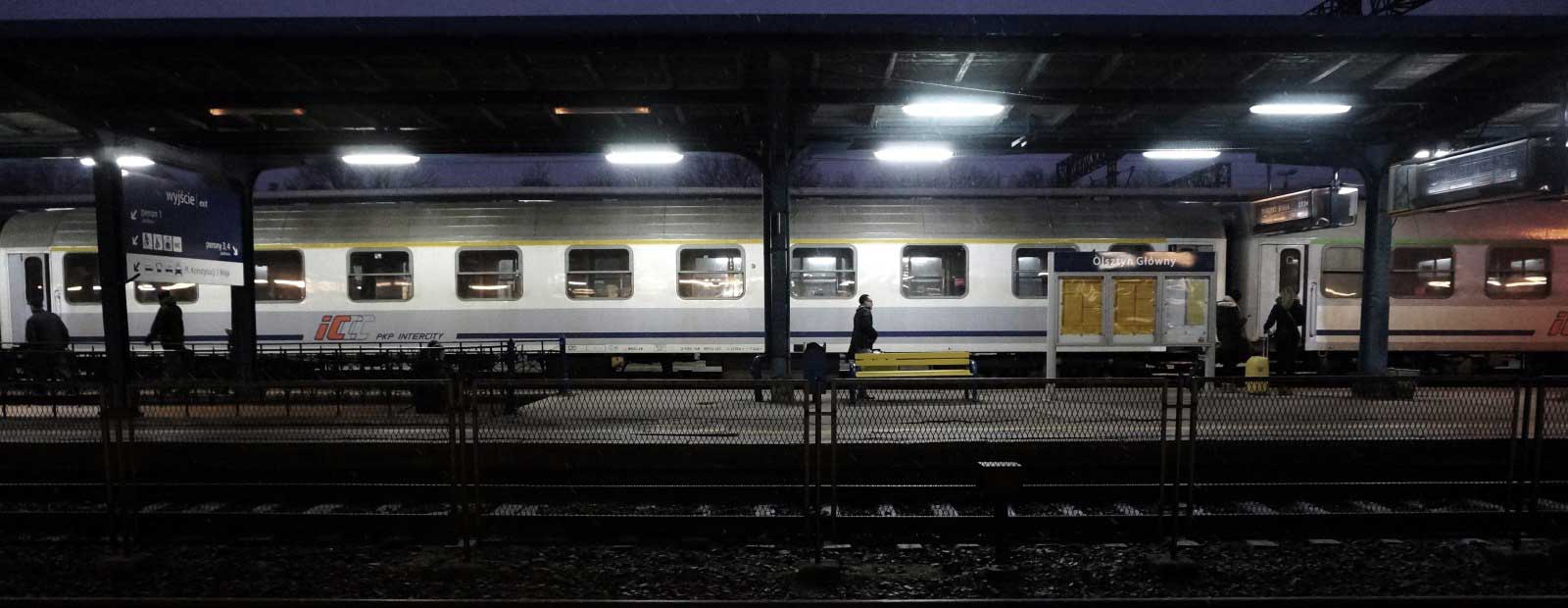
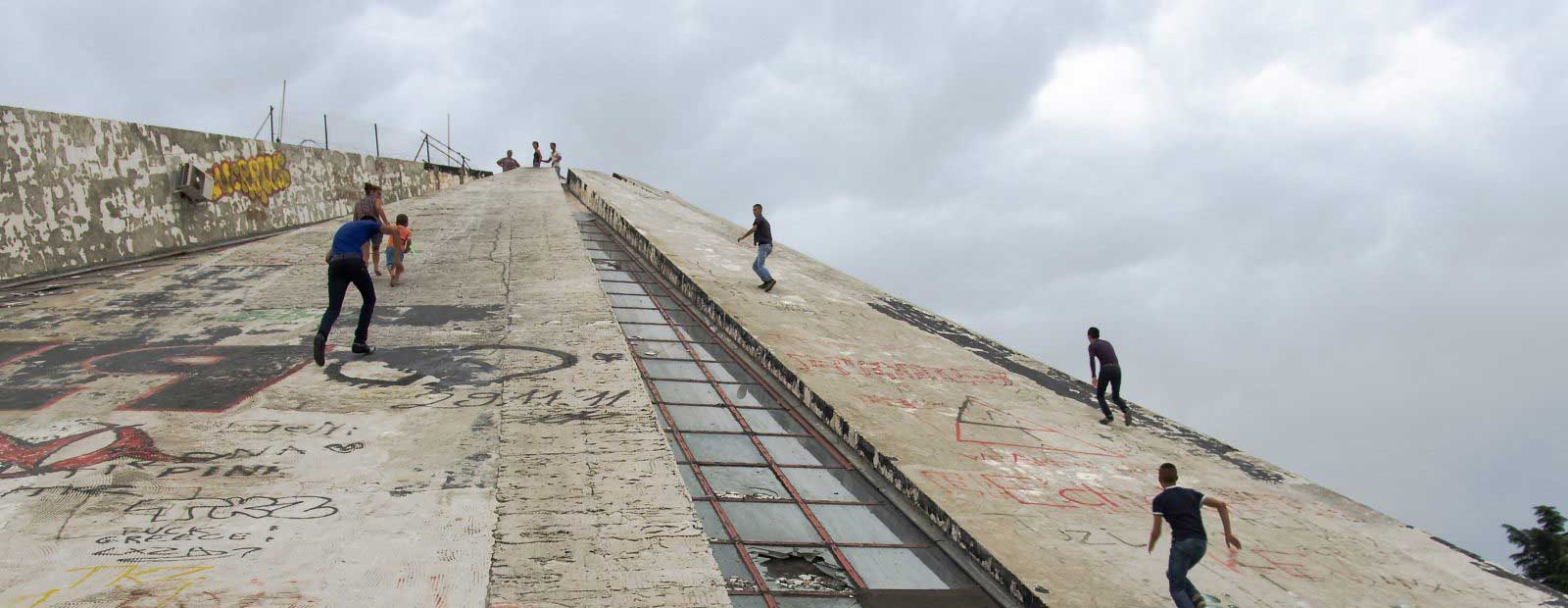
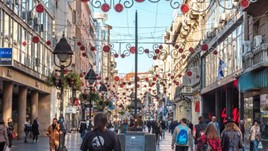

No Comments